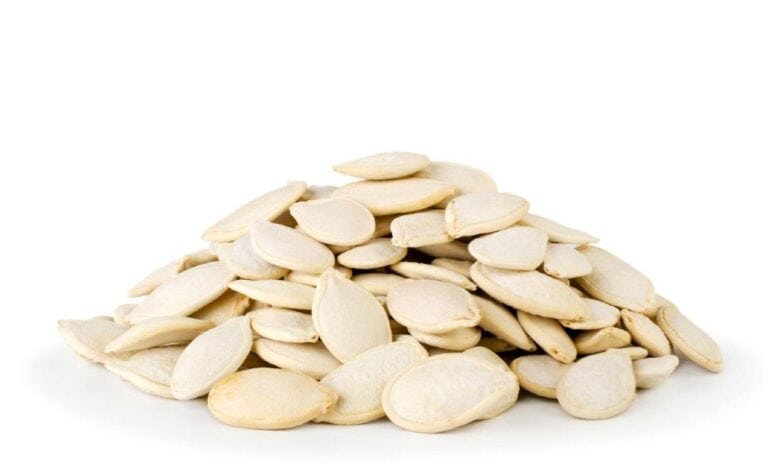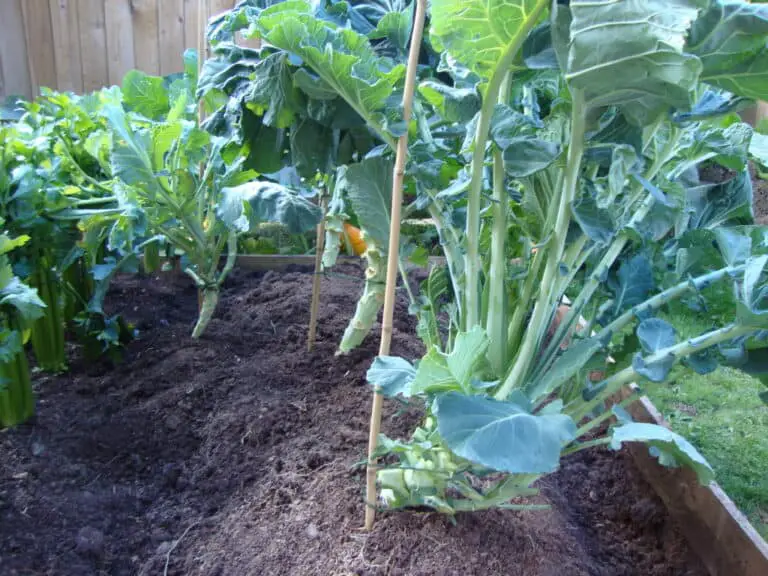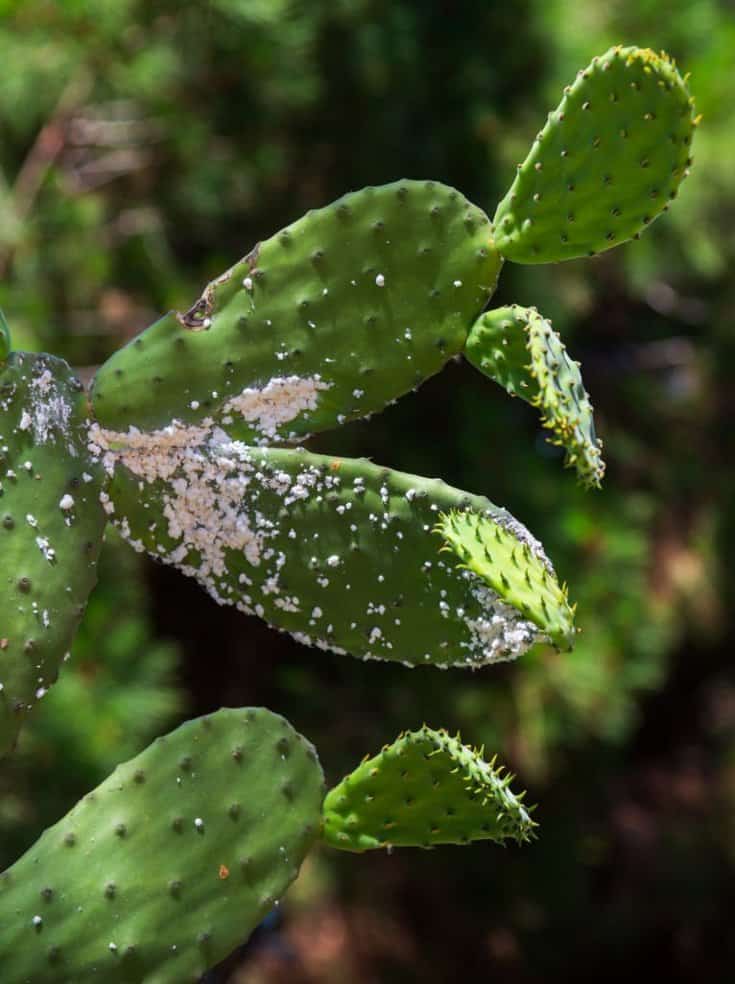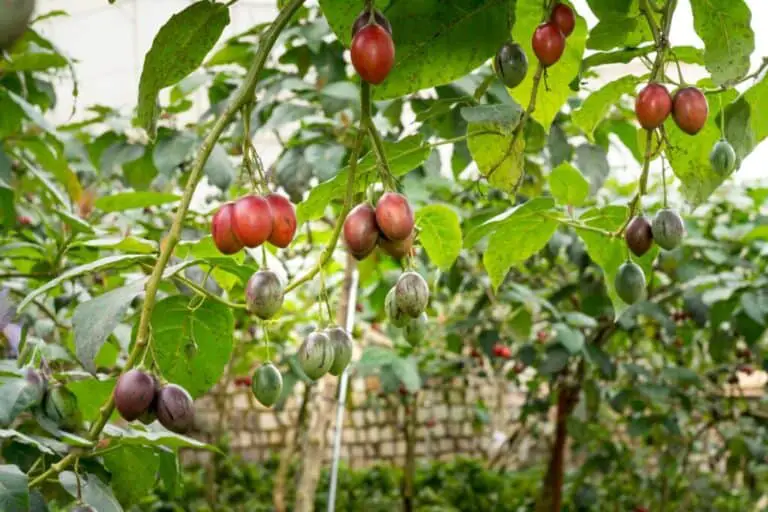Why Aren’t My Zucchini Seeds Sprouting and How to Fix It?
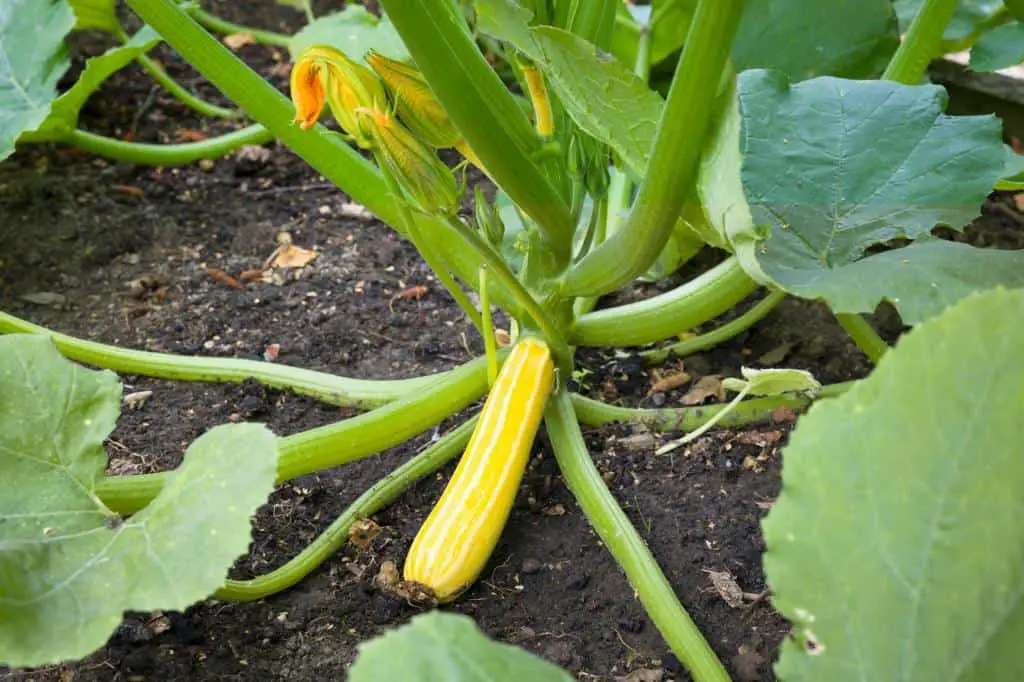
The first important thing a gardener needs to do to get a bumper crop of zucchini is to make sure the seeds germinate. Even the most experienced gardeners get excited when they see those bright green leaves. They are reaching for the sun and the sound of those juicy, sweet fruits. But sometimes, those precious zucchini seeds just won’t cooperate. They won’t sprout, no matter how hard we try or how carefully we watch.
You may be scratching your head in frustration because yet another batch of zucchini seeds will not come up from their cozy bed of soil. But do not worry! This article will talk about some common reasons these stubborn seeds might not want to grow even if you have a green thumb.
We will talk about the factors that affect germination. We will also talk about planting methods that might be hindering progress. And we will talk about how the seed’s quality determines its fate.
In addition, we will give you useful tips and professional advice on how to improve your chances of getting zucchini seeds to grow.
Now that you have your gardening gloves on, let us find out new things and figure out how to get those elusive zucchini seeds to sprout like never before!
The Importance of Successful Seed Germination for Zucchini Cultivation
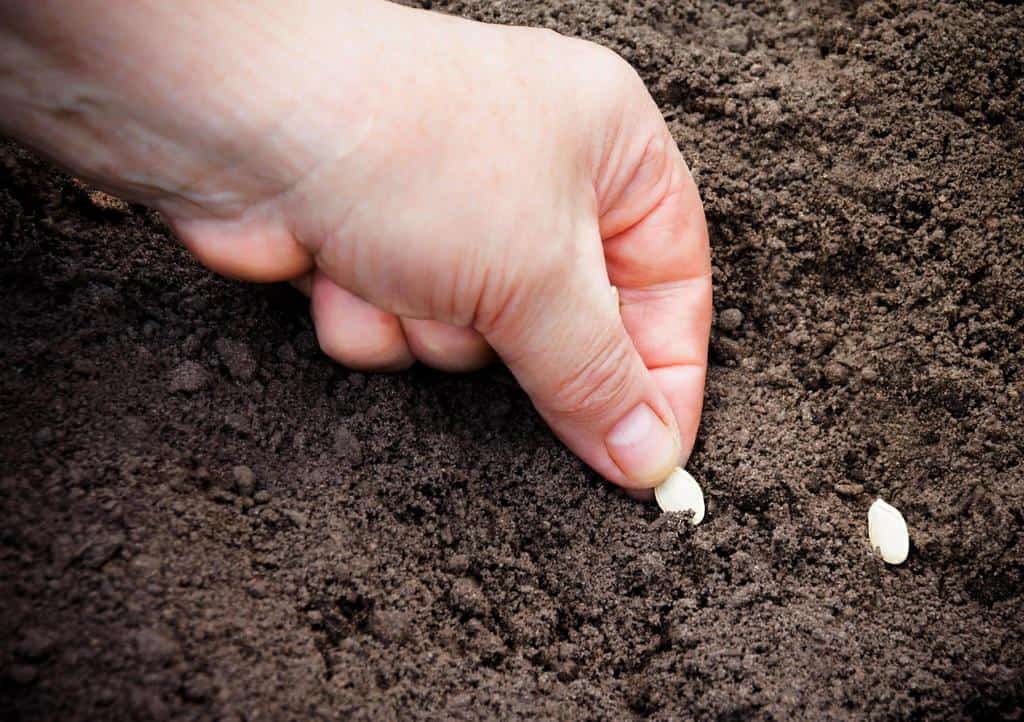
Zucchini cultivation depends on successful seed germination. It sets the foundation for a healthy plant. Zucchini is a warm-season vegetable. It relies on proper germination to grow strong roots and sturdy stems. This lets it absorb nutrients and water well. Without successful germination, zucchini plants may struggle to grow. This leads to stunted development and poor fruit production.
Moreover, timely germination is essential for maximizing the growing season. Zucchini plants typically require 45 to 65 days from germination to harvest, depending on the variety. Delayed germination can result in a shorter growing period, reducing the overall yield. Additionally, poor germination rates can lead to wasted time and resources spent on planting seeds that fail to sprout.
To achieve successful germination, gardeners must provide optimal growing conditions, including adequate moisture, warmth, and soil quality. Successful seed germination sets the stage for a good zucchini harvest. Healthy plants from good germination produce an abundance of delicious fruits.
| Also see: How to Transplant Zucchini Plants: A Step-by-Step Guide |
Environmental Factors Affecting Seed Germination
Temperature plays a crucial role in the germination process of zucchini seeds. These seeds require a warm environment to sprout successfully. The optimal temperature for germination is typically between 70-90°F (21-32°C).
If the temperature falls below this range, it can significantly slow down or even inhibit seed germination altogether. On the other hand, if the temperature goes above this range, it may result in poor seedling development and weak plant growth.
Another essential factor that affects seed sprouting is moisture levels. Seeds need consistent moisture to initiate the germination process and continue growing. It is important to keep the soil evenly moist but not excessively wet during this stage. Over-watering can lead to root rot, mold formation, or the drowning of delicate young shoots. At the same time, insufficient watering will cause drought stress and hinder successful sprouting.
When it comes to soil conditions, Zucchini seeds prefer a slightly acidic pH level ranging from 6.0-7.5 for optimum growth and germination rates. Any extreme deviation from this range can negatively impact their ability to sprout effectively. This is because various nutrients are needed for healthy embryo growth. They become less available in high pH soils. Excessively acidic conditions affect nutrient absorption.
Also, properly preparing the soil with rich organic matter, like compost, before planting helps improve its structure. Doing so will make the soil better at holding water while still letting it drain away. These are two important factors that help seeds stay hydrated and grow while they take in nutrients.
Planting Techniques that Can Hinder Seed Sprouting:
One common mistake many gardeners make is planting zucchini seeds too deep into the soil. While it may seem logical to bury the seeds deeply for protection, this can actually hinder germination.
Zucchini seeds are relatively small and require specific conditions to sprout successfully. Planting them too deep prevents adequate oxygen from reaching the seed, making it difficult for it to break through the soil surface.
Another factor that can prevent zucchini seeds from sprouting is overcrowding in the planting area. When too many seeds are sown in close proximity, they compete for resources such as sunlight, water, and nutrients.
This competition can result in stunted growth or even death of some seedlings.It’s important to follow proper seed spacing guidelines. They ensure each plant has room to thrive. This is true when planting zucchini seeds.
The amount of water provided during seed germination plays a crucial role in allowing plants to sprout effectively. Inadequate watering can lead to dry soil. This hampers seed activation and budding. But, overwatering causes not only failure but also rot. It happens due to too much moisture around the soil. This hurts nutrient uptake by roots and the energy needed for healthy zucchinis, lush leaves, and fruits.
But trying to strike a balance isn’t impossible; these steps provide guidance and consistency for growers aspiring to harvest delicious homegrown veggies like never before!
Recognizing Low-Quality Seeds
When it comes to successful seed germination, the quality of the zucchini seeds plays a vital role. But how can you distinguish between good-quality and poor-quality seeds? Let’s take a closer look at what makes viable zucchini seeds stand out from those of lower quality.
Firstly, viable zucchini seeds are characterized by their plumpness and firmness. When examining your seeds, make sure they have a healthy weight to them and feel solid when gently squeezed between your fingers. Their outer coating should also appear smooth and unblemished.
On the other hand, signs of poor seed quality include discoloration or damage to the surface of the seed. They may appear as dark spots or patches. These spots show fungus or moisture issues during storage. It is best to avoid using such bad seeds. They may not germinate or grow well.
How to Fix Zucchini Seeds That Aren’t Sprouting
1. Check Planting Depth
Ensure zucchini seeds are planted at the correct depth. If they’re too deep, carefully reposition them closer to the surface.
2. Warm Up the Soil
If the soil is too cold, consider using a cloche or row covers to warm it up before planting.
3. Adjust Watering Practices
Check soil moisture levels often. Adjust watering to keep the soil moist, but not waterlogged.
4. Improve Soil Quality
Add compost or aged manure to the soil to improve its texture and fertility, which can enhance seed germination.
5. Test Seed Viability
Conduct a seed viability test by placing a few seeds on a damp paper towel in a warm place. If they sprout, the seeds are viable.
6. Test Seed Orientation
You may want to try to plant zucchini seeds up or down to get the best result. One thing worth trying is to plant seeds with the pointed end facing upwards, which will result in faster and stronger growth. This belief stems from the idea that by placing the pointed tip towards sunlight, the plant will naturally grow towards it.
7. Protect Seeds from Pests and Diseases
Use physical barriers, like row covers, and organic pest control methods to protect seeds from damage.
Strategies to Promote Successful Zucchini Seed Germination
Proper preparation before sowing is crucial for the success of zucchini seed germination. Start by selecting a well-draining soil that is rich in organic matter. Ensure that the soil pH is between 6 and 7, as zucchini plants prefer slightly acidic to neutral conditions. Loosen the top layer of the soil with a garden fork or tiller, removing any weeds or debris that may inhibit seedling growth.
When it comes to spacing, zucchini seeds should be planted at least 1 inch deep and spaced about 3-4 feet apart. This allows ample room for each plant to grow and spread its leaves without overcrowding. Consider adding compost or aged manure to further enrich the soil and provide essential nutrients for healthy growth.
Some zucchini varieties benefit from pre-soaking or scarification before sowing. This is also to prevent zucchini transplant shock from abrupt environmental changes. Pre-soaking involves placing seeds in lukewarm water. They soak for several hours or overnight. This helps soften their outer coating and promote faster sprouting. Scarification requires gently nicking or scratching the seed coat with sandpaper or a sharp knife. This enhances water absorption.
| Related: How to Transplant Zucchini Plants: A Step-by-Step Guide |
To create optimal germination conditions, maintain a consistent temperature ranging between 70-85°F (21-29°C). Utilize heating mats if necessary during cooler months but ensure proper ventilation to prevent fungal growth. Adequate humidity levels are also important but avoid overwatering, as it can lead to damping-off disease and root rot. Spray your newly sown seeds regularly with mist. Do this until germination occurs. Keep them consistently moist but not drenched.
Another issue that may result in failed germination is rotting seeds. This happens when soggy conditions make the outer seed coat break down early. This stops proper root growth and nutrient uptake needed for germination. To address this problem, use well-draining soil mixtures and avoid overwatering your zucchini plants during their early stages.
Use these strategies. They will raise your odds of zucchini seed germination success. They will also set strong foundations for plant health.
Conclusion
In conclusion, to germinate zucchini seeds, you need to understand and fix common reasons for failure. By providing an optimal environment for growth. This involves proper planting techniques and selecting high-quality seeds. Gardeners can greatly increase their chances of seed sprouting.
One important aspect to keep in mind is patience. Germination can take anywhere from a few days to a couple of weeks, so it’s vital not to give up too soon. Seeds have their own internal clocks and will sprout when they are ready. Don’t be discouraged if you don’t see immediate results – just keep providing the right conditions and trust in nature’s process.
Consistency is also key. Check your seeds often. Keep the right moisture levels. Give enough light. Make sure they have air. Remember that even small changes in these factors can affect seed germination.
Apply these tips and stay attentive during germination. Then, you’ll be on your way to growing healthy zucchini from seeds.

